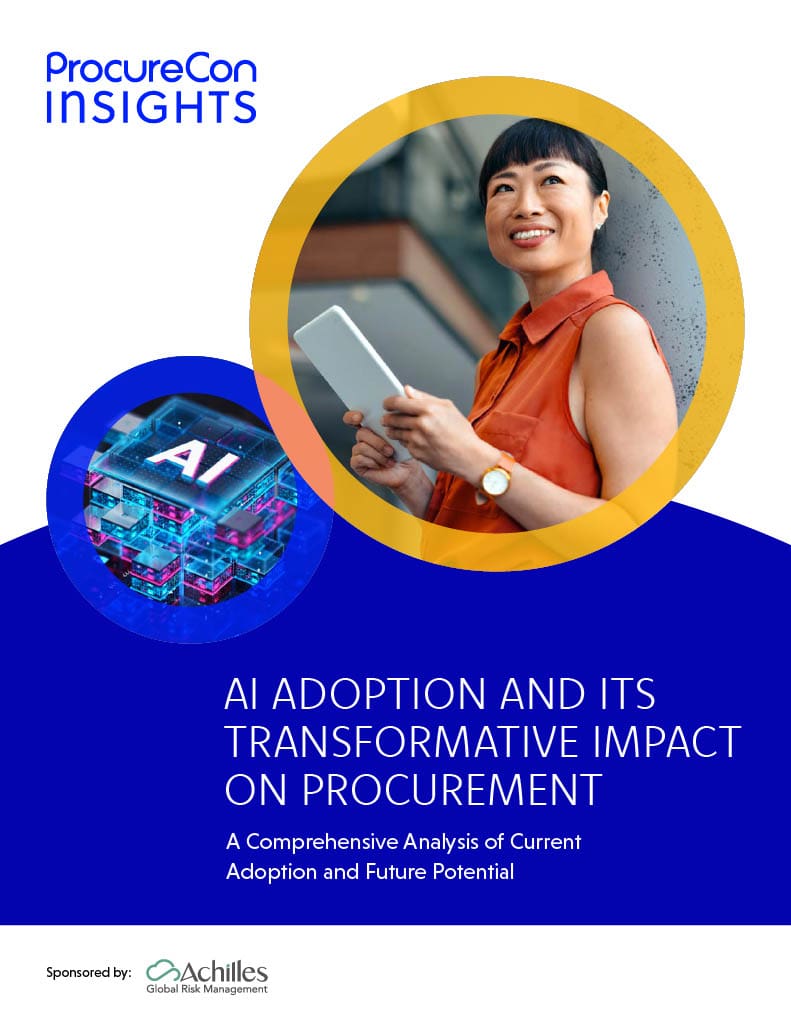Risk management in a global supply chain
As modern supply chains have grown more international, so they have become more complex to manage. While sourcing some of your materials from suppliers in other continents may be more cost effective, it can also expose you to more disruption caused by different standards of labour practices and political and economic events.
It can also make you susceptible to modern slavery. In the UK, more and more companies are scrutinising their international supply chains discovering that the task is often a lot more difficult than it first appears.
Eliminating UK modern slavery requires buyers and suppliers to work together to build legal and ethical supply chains, wherever they are located in the world. But how can buyers get an accurate picture of how their suppliers in other industries and jurisdictions are actually operating?
Digging deeper
Achilles Labour Practice Audits (LPA) can help you understand the different layers that make up your supply chain By going to these companies and conducting short, focused anonymous interviews, our team build up a detailed picture of the people that work in your supply chain. The reports we produce provide a clearer picture of how supply chains are actually working on a day to day basis and an assessment of whether there are any UK modern slavery risks.
While the LPA is an effective tool for combating modern slavery in the UK, anything beyond the first few tiers of your supply chains can still be hard to get accurate data on. If you are going to examine the totality of your international supply chain, you are going to need to employ a few other solutions.
Forced labour can often be buried deep within supply chains, and getting a true picture of the working practices being used can be problematic. There are numerous examples that highlight this difficulty, as well as the need for ongoing monitoring and vigilance.
The use of conflict minerals such as tin, tantalum and tungsten from areas such as the Democratic of Congo, used in smart phones and laptops is a difficult one to police. The difficulty of verifying the origin of minerals, even from suppliers not connected to conflict, means companies can be unsure who actually pulled them out of the ground. Other recent examples include cocoa farming in Ghana and Cote d’Ivoire and Uzbek cotton imported through Turkey to the garment manufacturing industry.
Equally, exploitative labour practices can be more open, but shielded by their geographical distance from other companies in their supply chain. In 2018, the British trade union RMT highlighted the case of intermediary companies purchasing old equipment from North Sea oil companies for decommissioning. Instead of taking these old rigs and other pieces of equipment to be safely disassembled in Scotland, the company in question, GMS, shipped them to South Asia. Here they were taken apart by unskilled, low paid workers working in dangerous and poorly protected conditions. By selling their old equipment to a company like GMS, oil companies had unwittingly become complicit to exploitative working in their supply chains.
While some buyers are content to hope that there is no forced labour affecting their business and that they otherwise have legal and ethical supply chains, for many others this is not enough.
For those that really want to prove that they are not party to modern slavery in any form, we have a number of other ways we can help.
Mapping your supply chain
The problem that a lot of buyers face with regards to forced labour is that you can’t control what you can’t see. Supply chain mapping gives companies oversight over every link in their network of partnerships and suppliers. We can help you understand exactly where every material and service you are using originates from, but we can go a step further and alert you to any issues arising in particular regions or suppliers.
Supply chain mapping is also a good way of helping buyers identify which parts of their supply have the biggest risk potential. This kind of risk scoring can help companies judge whether the benefits of a particular supplier or procurement choice outweigh the risks. If the balance seems too unfairly tipped into the risk category, buyers can proactively seek out alternative suppliers or partners. In our experience, being proactive about the risks and challenges you face is better than waiting and reacting to problems as they arise.
Being purely reactive may help us deal with specific cases of modern slavery in the UK and abroad, but eliminating the practice altogether requires some forward thinking and action. The tools and solutions we provide buyers are designed to provide the insight to be able to anticipate and deal with issues before they have a chance to cause major disruption. Forced labour is no different.


